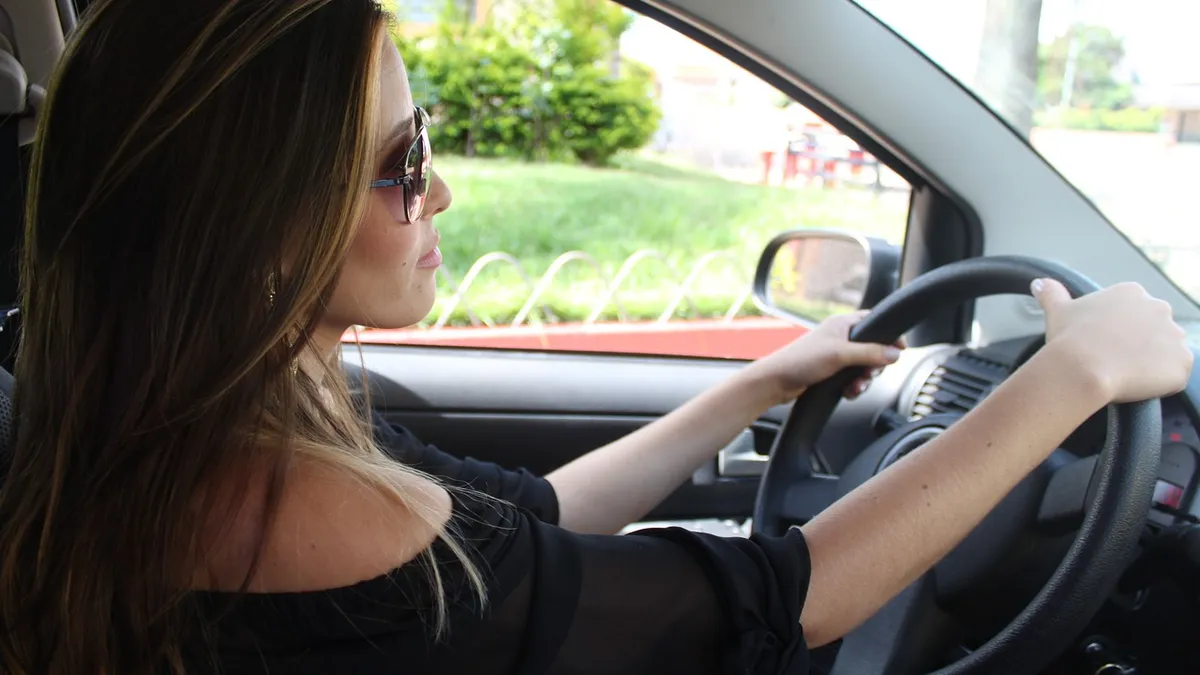Dive Brief:
- A group of UberBLACK drivers in Philadelphia will get another shot at their lawsuit alleging the company misclassified them as independent contractors. A federal district court incorrectly determined the drivers — who provide a "luxury experience" to UberBLACK riders, according to Uber — were not employees as a matter of law, the 3rd U.S. Circuit Court of Appeals held, reversing summary judgment for Uber (Razak, et al. v. Uber Technologies, No. 16-cv-00573 (3rd Cir. March 3, 2020)).
- The plaintiffs alleged violations of the federal minimum wage and overtime requirements of the Fair Labor Standards Act (FLSA) and corresponding Pennsylvania laws. According to the opinion, the drivers alleged "that time spent online on the Uber Driver App qualifies as compensable time under the FLSA. Principal among Plaintiffs' arguments is that Uber controls the access and use of the Driver App."
- The 3rd Circuit concluded that the district court's summary judgment was inappropriate "because genuine disputes of material facts remained," and remanded the matter "for further proceedings." According to Travis Lenkner, managing partner at Keller Lenkner LLC, the firm representing the drivers, "This is the first court of appeals decision to address the proper classification of gig-economy workers under the FLSA."
Dive Insight:
The employment status of gig-economy workers has been a controversial topic over the past few years, as many startups reached sky-high valuations while the workers who administered services said they felt pinched by a lack of support and benefits.
At the center of the employee versus independent contractor debate are questions about control. Employers sometimes have multiple tests to satisfy from enforcement agencies and courts that measure things like companies' power over providers' hours, wages and ability to take other work.
Both the worker outcry and the debated tests have spurred new laws. Hotly contested legislation around gig-workers' employment status took effect in California in 2020, and other states are considering similar laws. At the start of the year, Uber and Postmates filed a joint suit along with two individual plaintiffs, arguing that AB-5, the California "freelancer law," is unconstitutional.
The latest attempt to negate the effects of AB-5 is in the promotion of a petition for a ballot measure that would secure an exemption for app-based workers. Stakeholders report the petition is already over the required number of signatures needed for the measure to be voted on in the next election with more than 1 million signees.












